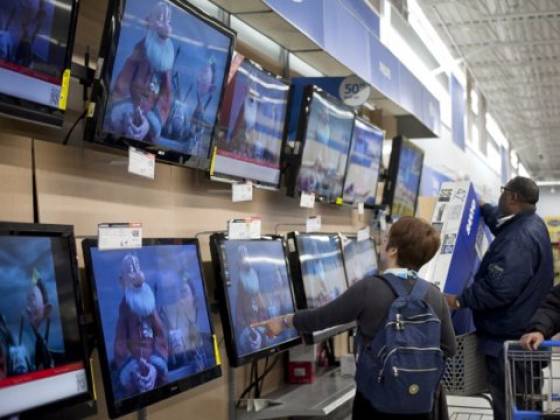Some of the earliest experiments that led to the creation of television took place in Russia and the UK.

Philo Taylor Farnsworth, an American, is known as the "Father of Electronic Television." In 1927, when he was just 21, Farnsworth unveiled a video camera tube that could transmit images by scanning them with a beam of electrons.
However, he didn't single handedly invent the TV. Earlier experiments by people such as Boris Rosing in Russia and John Logie Baird in England preceded Farnsworth's invention. In 1907, Rosing — who taught future TV innovator Vladimir Zworykin in St. Petersburg — researched how a cathode ray tube could be used as a receiver and filed a German patent for the device. Baird, on the other hand, discovered in 1924 that rotating discs with holes in them could transmit images mechanically.